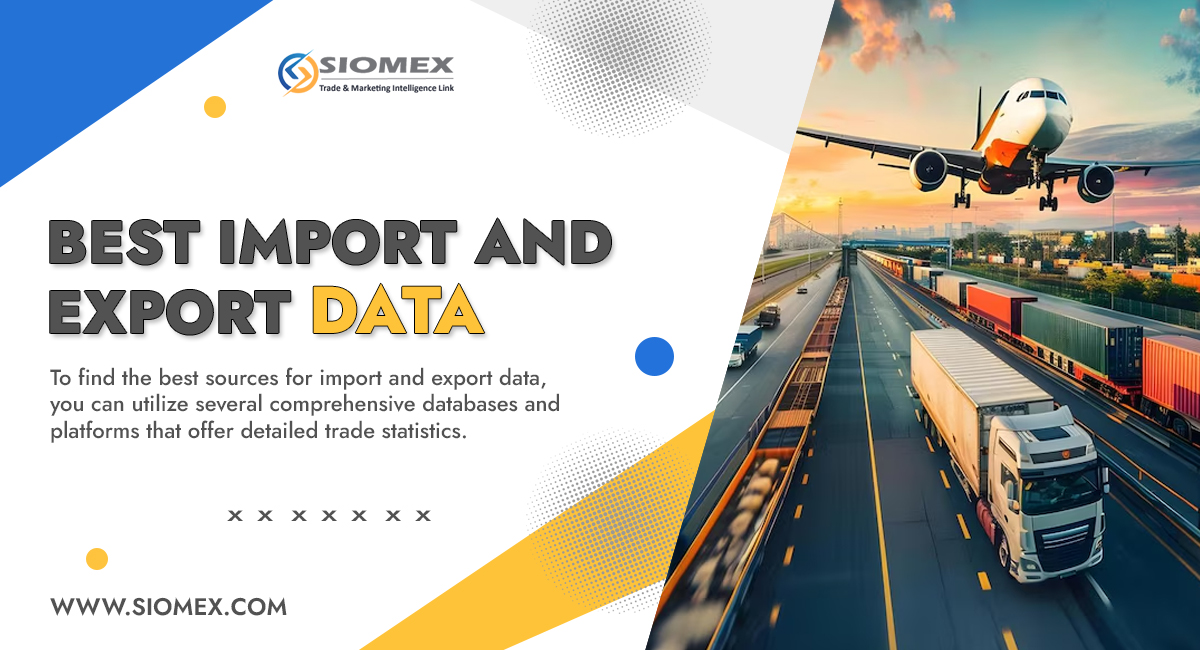The Contribution of Process Agents in Trucking Company

In the evolving world of transportation and organization, the operations of motor carriers and their regulatory process are governed by a complex web of federal and state regulations. The full form of FMCSA is the Federal Motor Carrier Safety Administration, which is responsible for regulating and overseeing the trucking agency.
FMCSA Process Agents, also known as the designated process agents, are individuals or multiple process agents that are designated by motor carriers (trucking companies), which are operating in the United States to receive legal documents and notices on their behalf.
Biography of Process Agents:
A process agent is a representative who solves legal issues of motor carriers who are operating in the state so that they do not face any issues while navigating in the city. The history of FMCSA is closely related to federal regulation governing the transportation industry, specifically the Motor Carrier Act of 1980.
This landmark act deregulated the trucking industry and introduced the concept of process agents. It required highway for vehicle owners and brokers to designate an agent in each state in which they operate to receive legal documents.
Significance and Responsibilities of FMCSA Agents:
The significance of Federal Motor Carrier Safety Administration (FMCSA) agents is, that they play their role in ensuring the legal compliance and representation for trucking companies. These agents are essential in smoothing the communication between public transport and the legal system.
It also ensures that motor carriers receive legal notifications, and documents, and can address all the legal matters properly. But there are some reasons why these agents are significant.
Streamline the Conformity and Legal Notification:
The essential role of these process agents is to ensure regulatory compliance. FMCSA requires the carriers of vehicles to operate process agents in each state where they operate as part of their BOC-3 (Blanket of Coverage) registration.
This is the fundamental aspect of the bond to federal regulations. They operate as the receivers of legal documents on behalf of vehicle carriers. These process agents receive legal documents such as court papers, legal notices, and other forms of legal communication.
They must receive, manage, and forward these documents to the motor carriers. They also ensure that the vehicle owners are punctually receiving notifications if there are any legal issues faced by them.
Legal Identity & Flowless Trading:
The transporters who are busy trading transportation, need process agents who can solve their legal issues properly and effectively. These agents ensure that when legal matters arise the carriers receive legal documents and maintain their legal representation.
Process agents of FMCSA play a vital role in helping the owners of transport maintain their legal representation in different states. These agents are especially significant because they face legal challenges, disputes, and regulatory compliance issues that everyone can`t easily solve.
It allows carriers to overcome these challenges effectively and also streamlines the process of solving legal challenges.
Their Ability to Response on the Spot:
The flow and effective communication between the motor carriers and process agents is important. For this effective communication FMCSA process agents play their role as a bridge, and ensure that carriers are aware of legal matters and they are responding effectively.
This communication between motor carriers and process agents is important in resolving the legal issues and disputes faced by motor carriers.
Streamline the Business Process:
Transportation owners always prefer FMCSA for the continuity of their business. With the help of these agents’ carriers face minimum risk of legal penalties or disruption of their business activities. They also ensure that the vehicle owners continue their operations without facing any issues.
Downsides of Process Agents:
FMCSA process agents are essential for motor carriers to operate in the state without facing any issues. However, there are some drawbacks to these process agents. They are costly and difficult to own for small motor carriers and independent owners because they do not have enough budget to buy them.
Sometimes agents do not perform their responsibility, as they are unable to update, manage, and submit documents punctually. Which is a result of mismanagement of processing. Providing a communication channel between process agents and transporters is a difficult task and requires a lot of resources and is very costly. Depending on another party is a major drawback of FMCSA because transportation owners depend on processing agents to handle and regulate matters.
Conclusion:
In conclusion, FMCSA Process Agents play a key role in helping motor carriers maintain legal compliance and representation in the state in which they are operating. They are the essence of motor carriers.
These agents ensure that carriers are informed about legal matters that enable effective communication and responsiveness. They also contribute to the regulatory aspect of the trucking industry.
More At: https://www.hituponviews.com/










